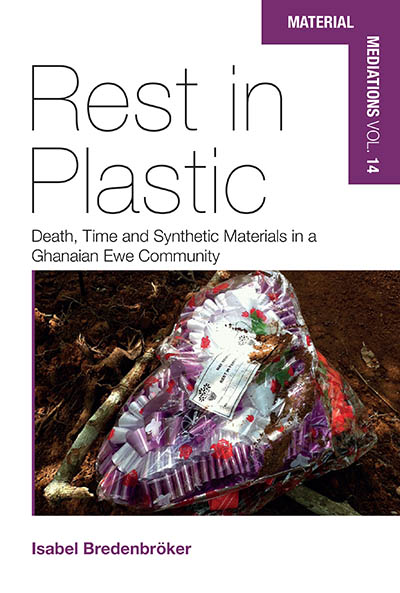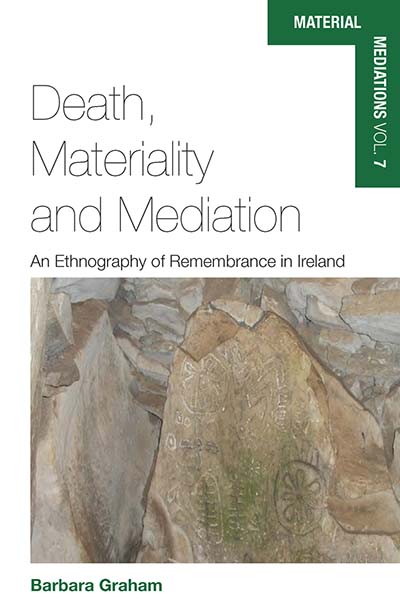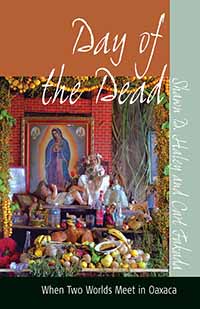
Series
Volume 14
Material Mediations: People and Things in a World of Movement
See Related
Anthropology JournalsEmail Newsletters
Sign up for our email newsletters to get customized updates on new Berghahn publications.
Rest in Plastic
Death, Time and Synthetic Materials in a Ghanaian Ewe Community
Isabel Bredenbröker
Full Text PDF | Full Text ePUB Made available under a CC BY 4. license thanks to the support of support of the Open Access Publication Fund of Goethe University Frankfurt am Main and by the Open Access Publication Fund of Humboldt-Universität zu Berlin, both funded by the Deutsche Forschungsgemeinschaft (DFG, German Research Foundation).
322 pages, bibliog., index
ISBN 978-1-80539-503-4 $135.00/£104.00 / Hb / Published (June 2024)
Reviews
“Rest in Plastic provides a multidimensional analysis of death and funeral rituals in Ghana. It is a solid book that advances scholarship on issues of life and death.” • Samuel Ntewusu, University of Ghana
“Bredenbröker reveals perfectly the perception of death and analyses the transcultural aspects of funerals. The deceased become mediators between the living and ancestors, blending the Christian colonial heritage with the traditional values of the Ewe of Peki.” • Kokou Azamede, University of Lomé
“It uses well-suited theory and methodology to produce novel and important insights.” • Ing-Marie Back Danielsson, Lund University
“The book is well documented, with a wide range of earlier work discussed … the insights drawn from this work are well integrated with the ethnographic chapters.” • Robert Parkin, University of Oxford
Description
In Peki, an Ewe town in the Ghanaian Volta Region, death is a matter of public concern. By means of funeral banners printed with synthetic ink on PVC, public lyings in state, cemented graves and wreaths made from plastic, death occupies a prominent place in the world of the living. Rest in Plastic gives an insight into local entanglements of death, synthetic materials and power in Ewe community. It shows how different materials and things that come to shape power relations, exist in a delicate balance between state and local governance, kin and outsiders, death and life, the invisible and the visible, movement and containment.
Isabel Bredenbröker is a Deutsche Forschungsgemeinschaft Walter Benjamin Postdoctoral Researcher, who works for the Centre for Anthropological Research on Museums and Heritage and the Herman von Helmholtz- Zentrum für Kulturtechnik at Humboldt-Universität zu Berlin.
Subject: Anthropology (General)Heritage StudiesAnthropology of Religion
Area: Africa
Rest in Plastic by Isabel Bredenbröker is available under a Creative Commons Attribution 4.0 license (CC BY 4.0) thanks to the support of support of the Open Access Publication Fund of Goethe University Frankfurt am Main and by the Open Access Publication Fund of Humboldt-Universität zu Berlin, both funded by the Deutsche Forschungsgemeinschaft (DFG, German Research Foundation).
Full Text PDF | Full Text ePUB
OA ISBN: 978-1-80539-505-8
Contents
Download ToC (PDF)



